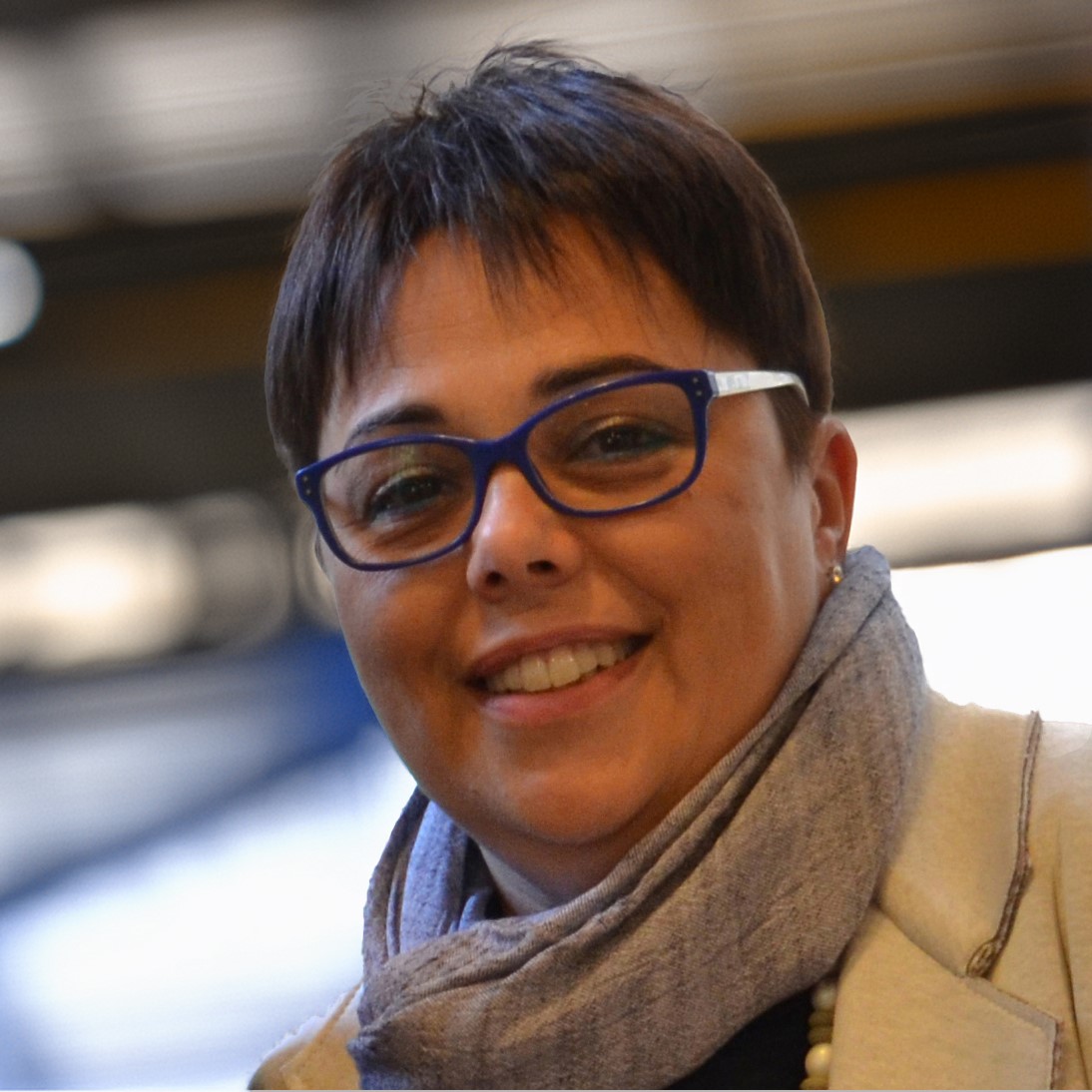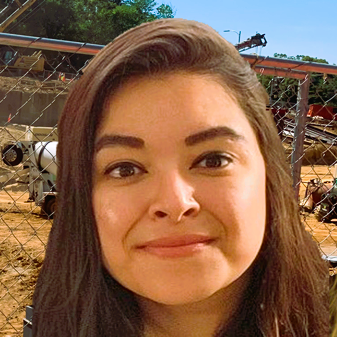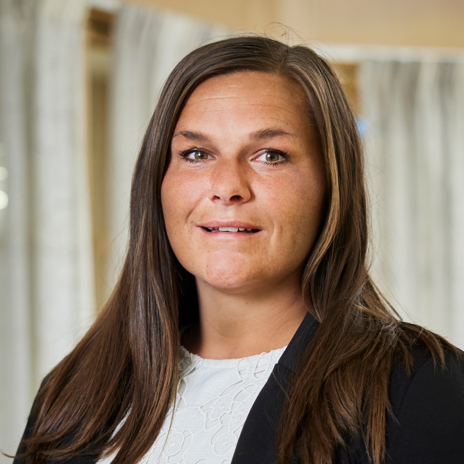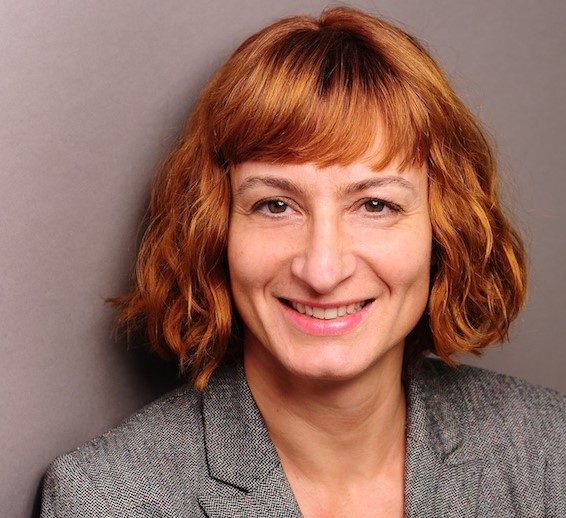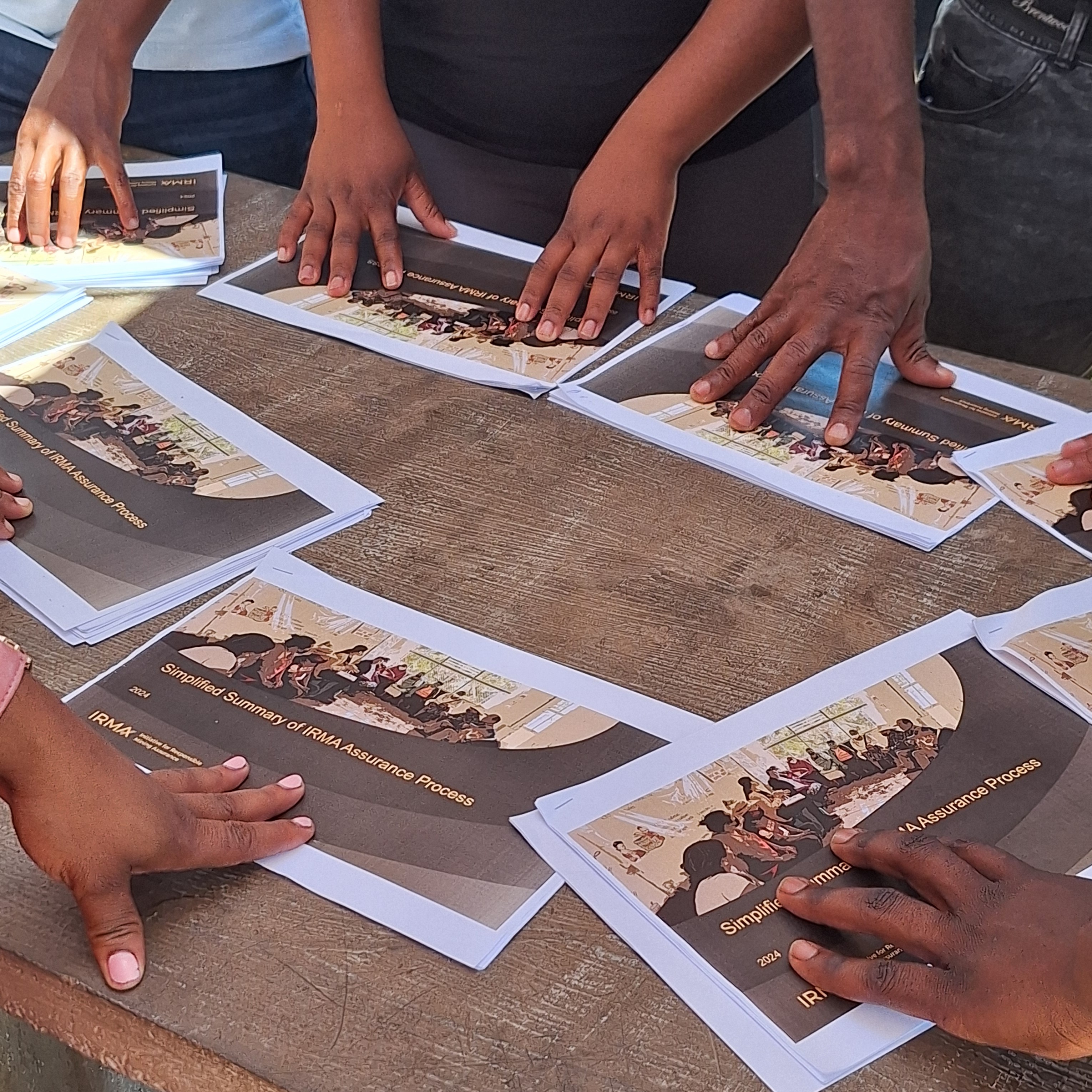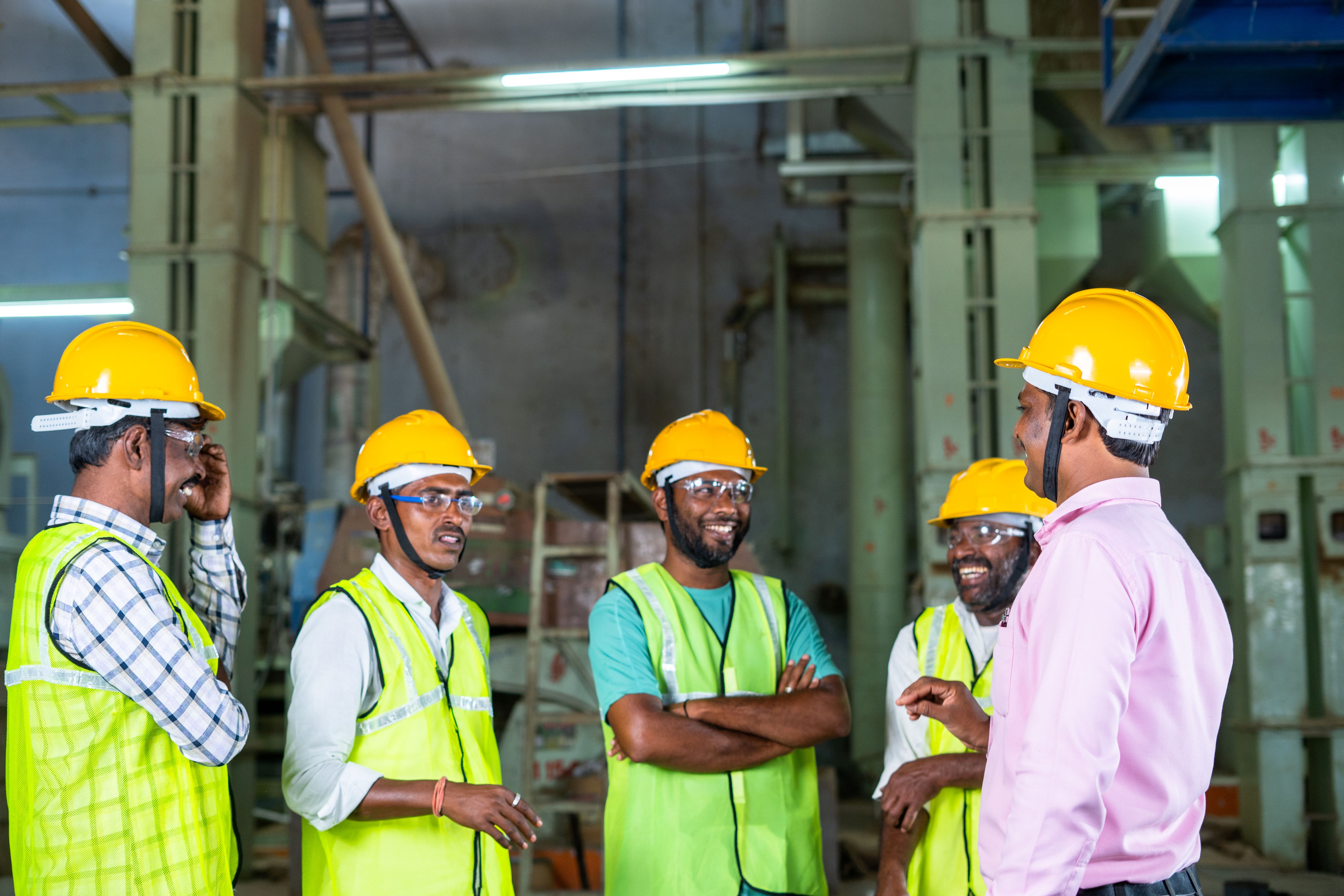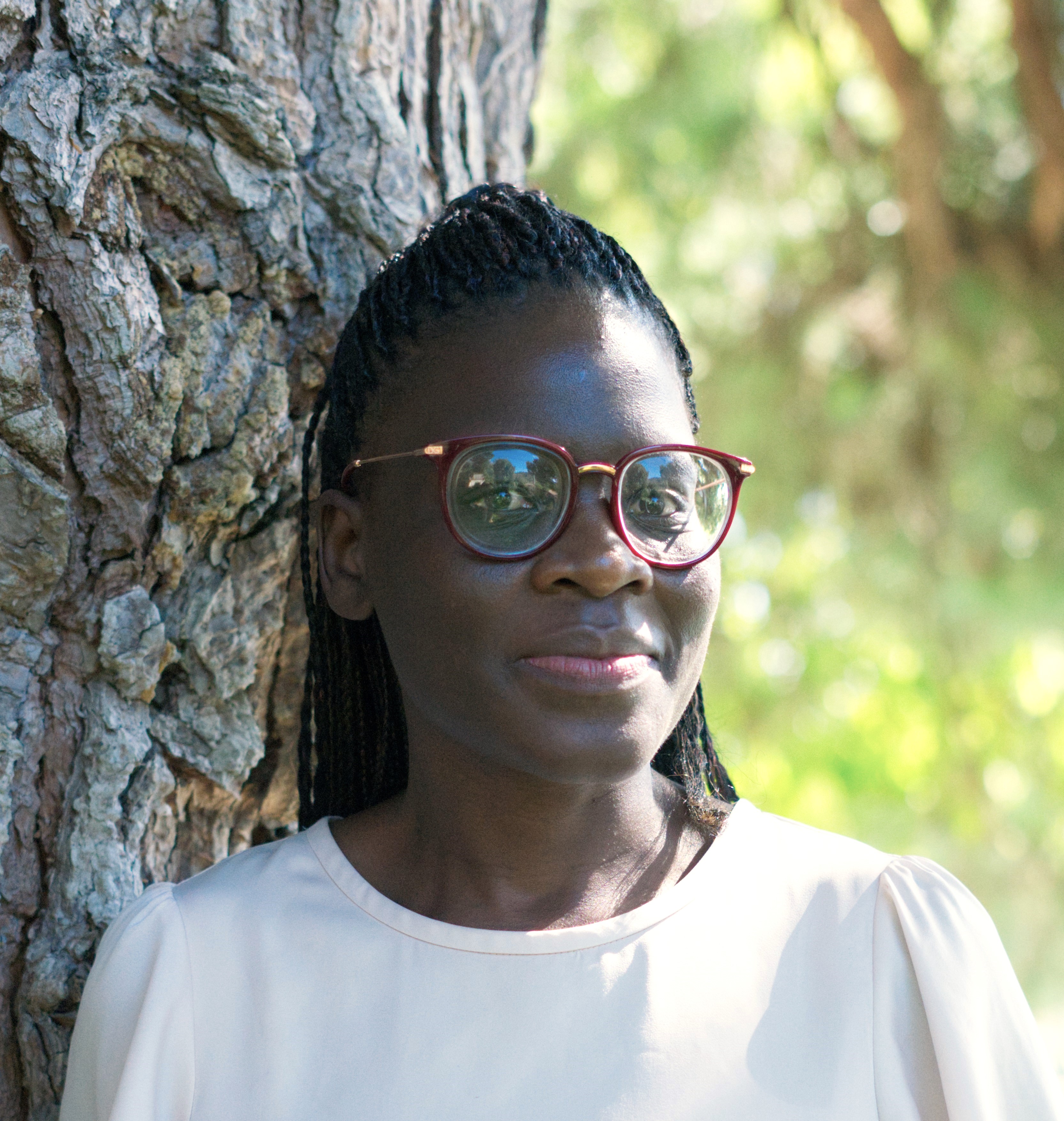

Steel Standards Principles Launch at COP28
Today, ResponsibleSteel’s CEO, Annie Heaton spoke at a Business and Philanthropy Climate Forum roundtable on the first day of the COP28 UN Climate Change Conference in Dubai to launch the Steel Standards Principles.
The event, Sustainable Steel: Pioneering Low-Carbon Solutions, was hosted by WTO Director-General Ngozi Okonjo-Iweala who welcomed the endorsement by standard setting bodies, international organisations, steel producers and industry associations of a set of principles aimed at aligning how greenhouse gas emissions are measured in the steel sector.
The Steel Standards Principles recognise that the iron and steel sector accounts for approximately 8% of annual global greenhouse gas emissions and that these emissions will need to be reduced by at least 90% for the sector to play a credible role in achieving climate targets.
The Principles call for establishing common methodologies for measuring greenhouse gas emissions within the iron and steel sector in order to accelerate the near-zero transition.
Improving the transparency, interoperability, and mutual recognition of such methodologies can promote investment in, and adoption of, innovative near-zero emission technologies and products while easing trade frictions that arise from divergent and incompatible measurement standards.
At the roundtable, the Director-General expressed the WTO’s support, stating, “Fragmented and uncoordinated trade policies make it harder for the steel industry to decarbonize. They add uncertainty for producers, hamper cross-border movement of green technologies and inputs, and slow investments in clean technology.”
Furthermore, the Steel Standards Principles recognise that collaborative and constructive dialogue is needed across developed and developing countries as well as among governments, producers, industry associations and policymakers to refine the existing emissions standards landscape for steel.
Annie Heaton commented, “The diversity of standards for measuring steel carbon emissions makes assessing how one ton of steel compares to another extremely challenging. It obstructs the clarity we urgently need to drive clear market signals for decarbonization. The Steel Standards Principles establish the key foundations of a common framework that is needed for all climate-related steel standards, for example, transparent governance, multistakeholder participation, and effectiveness in driving the decarbonization of the industry globally. ResponsibleSteel has its foundations in such principles and we are delighted so many organizations have chosen to endorse the Principles that have been discussed further today.”
36 key steel producers, industry associations, standard setting bodies, international organizations and initiatives have endorsed the Steel Standards Principles which will be launched formally at COP28 on December 5th – Industry Day.
To view the full set of Principles, click here.
For more information please contact:
Savannah Hayes
Communications Manager
shayes@responsiblesteel.org


November 2023 Newsletter
Please view the November 2023 newsletter by clicking the link below:


Driving tangible progress in the steel industry: ResponsibleSteel introduces new certification marks to drive responsible decarbonisation each step of the way
The steel industry won’t transform overnight. But we need to make sure we are taking the right steps now to drive real change for the future. ResponsibleSteel’s Progress Levels are designed to represent and reward tangible advancement on both Decarbonisation and responsible Materials Sourcing. Today we launch the new certification marks that steelmakers – and their customers – will be able to use on their products to enable this.
The steel industry is implementing the ResponsibleSteel International Standard across over 100 sites globally. ResponsibleSteel ‘core certification’ has rewarded pioneers that have met the Standard’s core environmental, social and governance requirements. It’s now time for steelmaking sites to work towards the next level, to demonstrate levels of progress both towards net zero and on their supply chains. Without evidence of this, global efforts to measure embodied carbon will drive neither the deep decarbonisation we need nor decarbonisation that is socially and environmentally responsible.
The ResponsibleSteel International Standard V2.0 launched in September 2022, introduced four Progress Levels in addition to the Standard’s core requirements, for both the greenhouse gas (GHG) emissions intensity of crude steel production and the responsible sourcing of input materials. These Progress Levels give steel sites the opportunity to not only demonstrate performance in these areas, but to make claims about their steel products, and to market them as ‘ResponsibleSteel certified steel’.
- Core certification: awarded to sites implementing the core set of criteria across 13 principles.
- Progress Level 1: the first level required to enable steelmaking sites to make claims about certified steel products from the site, in tandem with a published product carbon footprint.
- Progress Levels 2 and 3: Intermediate levels of progress, towards…
- Progress Level 4: the highest level for the responsible sourcing of input materials, and ‘Near zero’ GHG emissions intensity of crude steel.
It’s time to start moving the market, gradually but at scale. For the industry to keep an equitable, inhabitable 1.5C future in sight, by 2030 ResponsibleSteel has concluded every steelmaking site in the world will need to have achieved Progress Level 1 on decarbonisation and materials sourcing and significant progress made toward Progress Levels 2 and 3.
Now, steelmaking sites that have achieved Progress Level 1 for both Decarbonisation and Materials Sourcing, in addition to meeting the core ESG requirements of the ResponsibleSteel International Standard, will be able to use new certified site mark with progress levels for certified steel with additional elements indicating progress in these two areas. This is the first time a ResponsibleSteel logo will be able to be applied to steel products and our newly published Claims and Logo Use Guidelines are designed to help steelmakers and steel buyers understand how the marks can be used and what claims can be associated with them.
It’s more clear than ever that the steel industry needs to make significant, early, but incremental decarbonisation efforts. We cannot rely on the deep decarbonisation efforts of a select number of sites alone. And we must work to reduce upstream scope 3 emissions from the extraction, preparation and transportation of iron ore, natural gas, coal, coke, and ferroalloys, among others.
If you would like to learn more, please contact:
Ali Lucas, Corporate Affairs Director
alucas@responsiblesteel.org
Savannah Hayes, Communications Manager
shayes@responsiblesteel.org
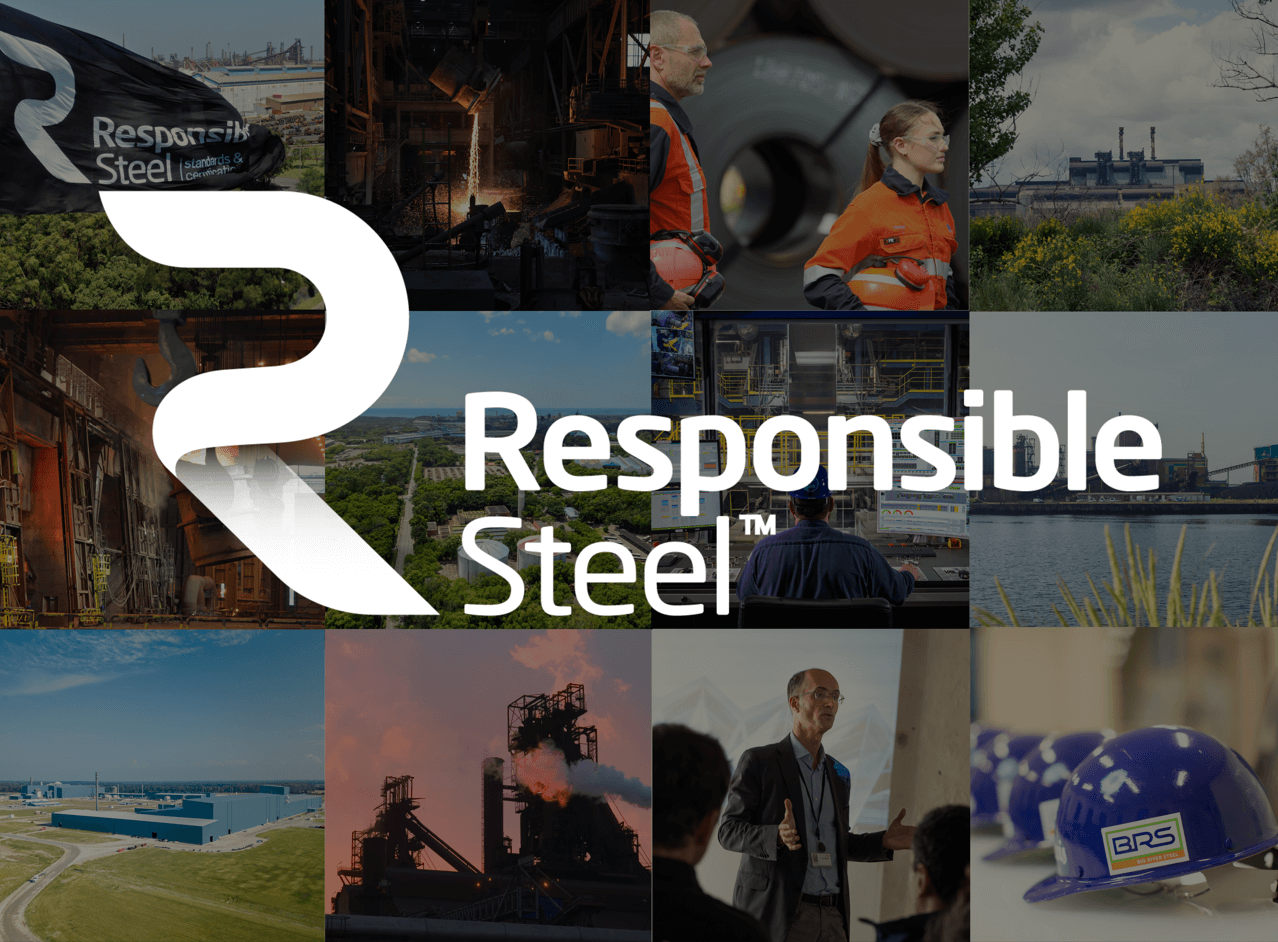

October 2023 Newsletter
Please view the October 2023 newsletter by clicking the link below:


Introducing ResponsibleSteel’s Decarbonisation Progress Audit Tool
To support steelmaking sites in preparing for external audits against Principle 10 of the ResponsibleSteel International Standard V2.0, ResponsibleSteel has now issued a ‘Decarbonisation Progress Audit Tool’.
Designed specifically to support the determination of a steelmaking site’s Progress Level according to criteria 10.6 of the Standard, the tool consists of a series of templates in which the necessary data can be input to calculate the site’s Embodied Crude Steel GHG Emissions Intensity and % scrap in relation to criteria 10.4. As a result of these two calculations, made correctly, a site will be able to see which Progress level they would meet before seeking an external audit.
As well as being used by steel sites self-evaluating their emissions in preparation for an independent ResponsibleSteel Progress audit, the tool can also be used at the pre-production stage by project developers wanting to self-assess their emissions projections ahead of external validation. The Decarbonisation Progress Audit Tool is available to:
- ResponsibleSteel members
- Steelmakers engaging in the First Movers Coalition Near-Zero Steel 2030 Challenge
Steelmakers using the tool will be able to get a clear idea of where they stand on the road to near-zero steel using ResponsibleSteel’s Progress Levels. However, they won’t be able to claim that their sites have achieved ResponsibleSteel Progress Level certification until they have been through an audit against the ResponsibleSteel International Standard and awarded such a certificate by a ResponsibleSteel-approved Certification Body. Any such claims will have to be in line with ResponsibleSteel Claims Guidance.
If you have any questions about the Decarbonisation Progress Audit Tool and how to use it, please contact assurance@responsiblesteel.org. If you would like to receive the tool, please register your interest here.
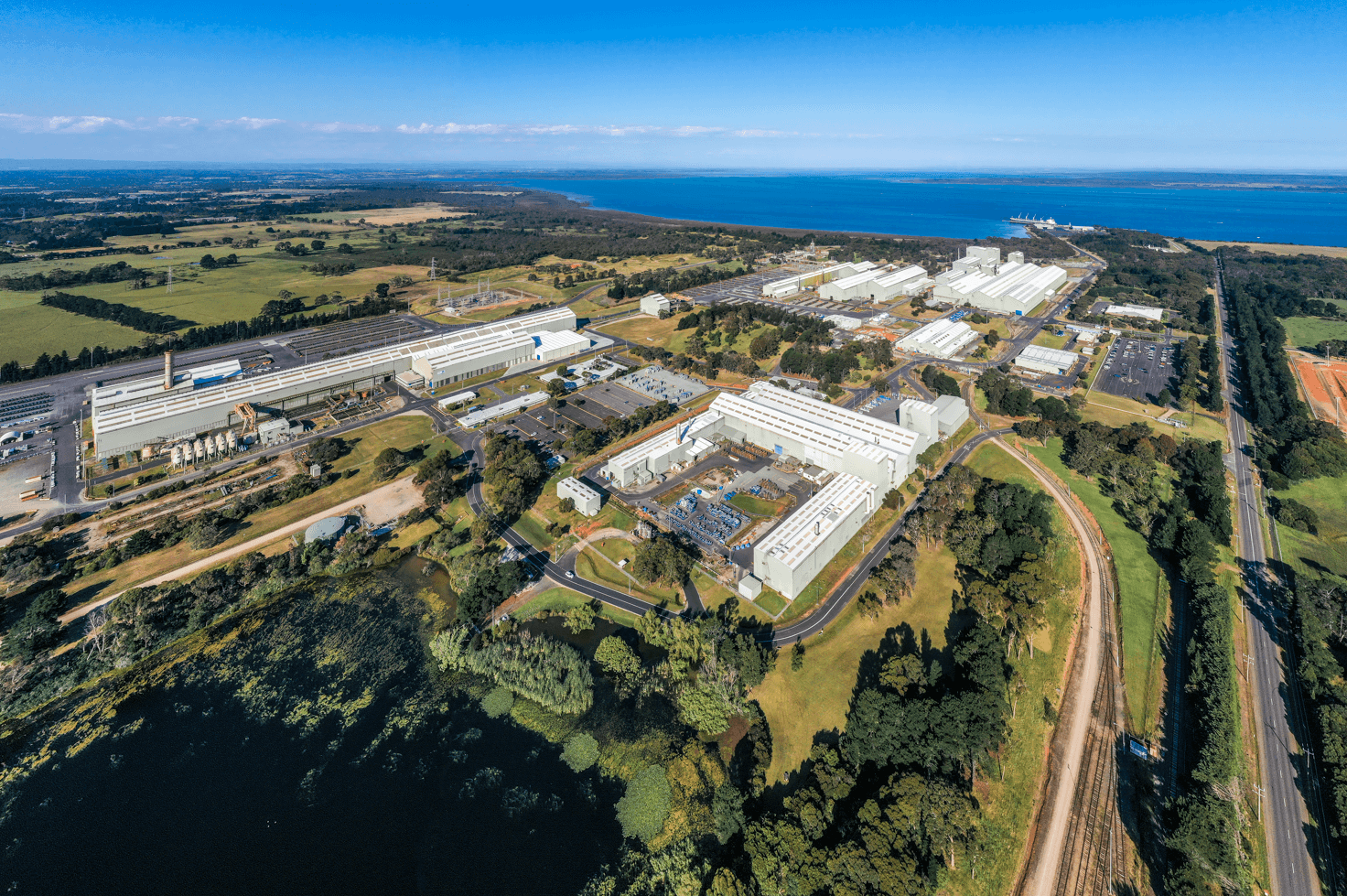

BlueScope’s Western Port Site Achieves ResponsibleSteel Certification
BlueScope has achieved its second ResponsibleSteel certification for its Western Port site in Victoria, Australia. BlueScope’s first certification was obtained by the company’s Port Kembla Steelworks in February 2022.
Western Port is part of a fully integrated steel supply chain with hot rolled coil sourced from BlueScope’s Port Kembla Steelworks. The Western Port site has an annual steel processing capacity of 1 million tonnes, supplying high-quality metal-coated and painted products to both domestic and export markets. The site employs over 800 people who are supported by approximately 100 contractors, suppliers, and supply chain partners.
Commenting on the site certification, BlueScope’s Chief Executive, Australian Steel Products, Tania Archibald, said, “BlueScope is proud to achieve ResponsibleSteel site certification for Western Port. The certification reflects the outstanding efforts of our Western Port team, the quality of our operations, and provides our customers, shareholders, and communities with the confidence that BlueScope’s Western Port Works meets the very high environmental, social and governance performance standards required by ResponsibleSteel site certification. Through the audit process across all 12 sustainability principles, our approach to engaging with our communities, as well as our safety, supply chain, and human resource systems, were highlighted as areas of particularly high performance.”
BlueScope is a global steelmaker, making and supplying steel across 16 countries, employing 16,500 people. The company specialises in metal coating and painting for building and construction.
Annie Heaton, CEO of ResponsibleSteel, said, “This certification is a real testament to the hard work and dedication demonstrated by the site’s leadership and all of the site’s workers. The site has committed to a 30% reduction in emissions intensity by 2030 and has worked diligently to minimise its impact on the surrounding environment. The Western Port site has proven particularly strong in engaging and supporting local communities through Community Liaison Committee meetings and local projects. As one of the founding members of ResponsibleSteel, BlueScope has consistently championed our Standard as the most rigorous standard for steel. This second site certification for BlueScope represents real progress in the company’s sustainability journey and is a vital step towards the sourcing of responsibly produced steel products by the construction industry in Australia.”
The audit was conducted by BSI and involved an extensive review of documentation and news relating to the site, interviews with workers and local stakeholders, and an onsite visit.
BlueScope’s Chief Executive Climate Change & Sustainability, Gretta Stephens emphasised the importance of a multi-stakeholder approach to drive transparency and performance across the steel industry: “ResponsibleSteel site certification is an important step in supporting our stakeholder’s expectations for clear and transparent information about the sustainability performance of our operations. BlueScope’s commitment to sustainability across our global operations will continue to guide our ResponsibleSteel journey, as we strengthen our communities for the future.”
Read the public audit summary here.
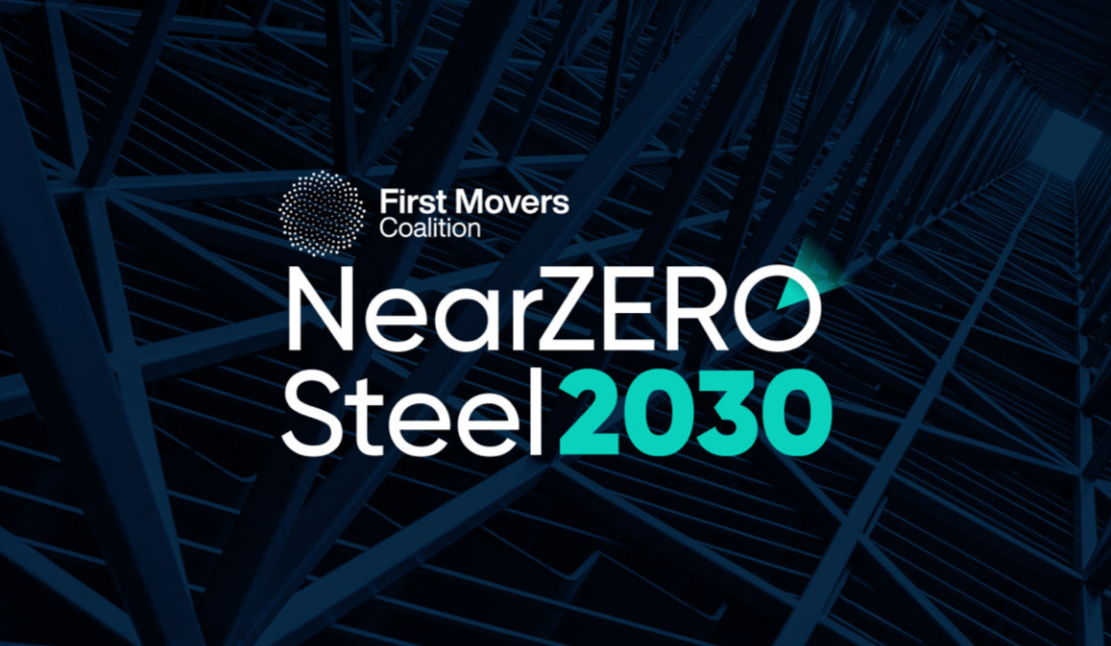

September 2023 Newsletter
Please view the September 2023 newsletter by clicking the link below:
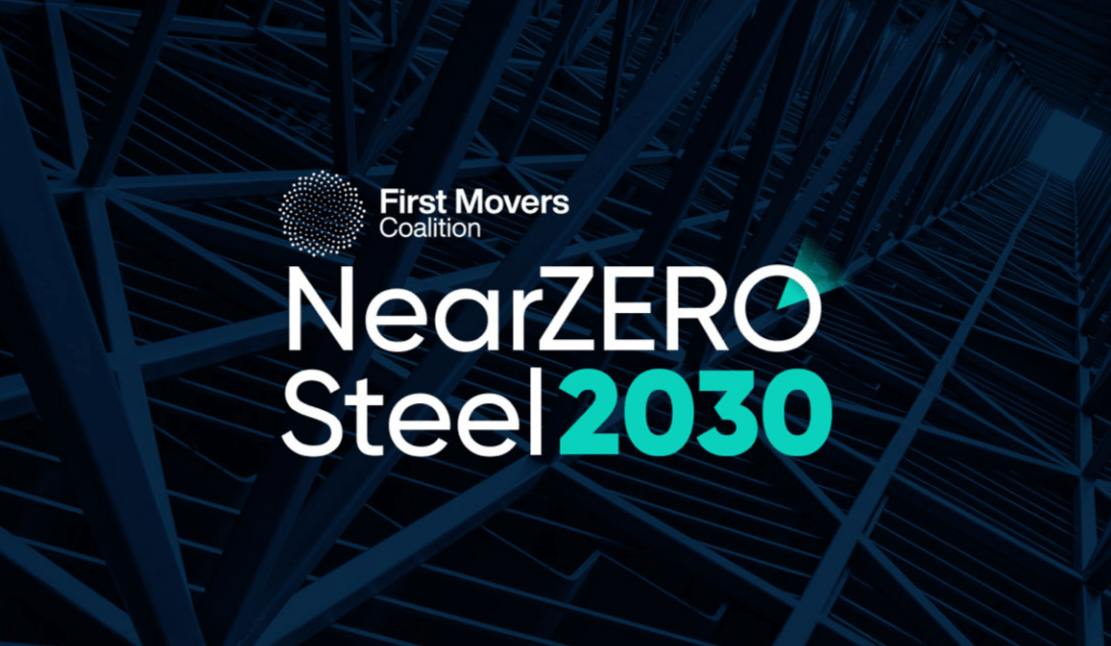

The Near-Zero Steel 2030 Challenge Launches At New York Climate Week
Last week at New York Climate Week, the World Economic Forum’s First Movers Coalition (FMC) together with RMI launched the Near-Zero Steel 2030 Challenge in collaboration with ResponsibleSteel, Greenhouse, Deloitte and BCG. The Challenge will run until December 2023 and will map existing plans, accelerate emerging solutions, and connect potential suppliers of near-zero-emissions steel to companies ready to purchase it.
What is the Near-Zero Steel 2030 Challenge?
Steelmakers need to see demand for near-zero steel to create a business case for new technology. To accelerate the production of near-zero steel, the Challenge will focus on three key areas: driving near-zero emissions steel solutions; enabling emerging technology solutions such as CCUS, green hydrogen, and direct electrolysis; and sending demand signals for near-zero steel, particularly from automotive, construction, infrastructure, and consumer goods sectors.
The FMC was established at COP26 to decarbonise seven hard-to-abate sectors currently accounting for around 30% of global emissions by using the purchasing power of its members to send a clear demand signal and by driving the uptake of new technologies on a commercial scale. FMC steel members, who include Orsted, Ford and Trane Technologies, commit to buying at least 10% near-zero steel by 2030. Alongside the Challenge, the FMC is developing a Supplier Database to map potential near-zero steel projects. In tandem, RMI has established a Sustainable Steel Buyers Platform for the procurement of near-zero steel in North America. In New York in September, RMI launched a Request For Information (RFI) which will be followed by a buyers-led Request For Proposal (RFP). The RFP will incorporate willing Near-Zero Steel Supply Challenge participants in North America in a process that will result in a collective request for up to 2 million tons of near-zero emissions steel with the goal being bilateral offtake agreements.
What is ResponsibleSteel’s role in the Challenge?
ResponsibleSteel is part of a wider ecosystem working to decarbonise the steel industry. Working collaboratively to drive alignment on carbon accounting and claims is a vital component to facilitate the credibility of near-zero steel projects. We need rules to define and measure near-zero steel to ensure everyone is pulling in the same direction as quickly and efficiently as possible. Our work with the FMC demonstrates that there is already an international definition of near-zero steel that is backed by a practical methodology. Certification against the ResponsibleSteel International Standard facilitates the financing, purchasing, labelling and trade of credibly labelled near-zero steel.
ResponsibleSteel provides the standard for how to measure near-zero steel. The Challenge will leverage our International Standard’s Decarbonisation Progress Level 4 by asking steelmaking sites to assess their projected emissions against this near-zero steel benchmark using the Standard’s Criteria 10.4 and 10.6: Climate Change and Greenhouse Gas Emissions. A toolkit will be available for steelmaking sites to undergo third-party pre-production assessment in 2024.
How can my company get involved in the Challenge?
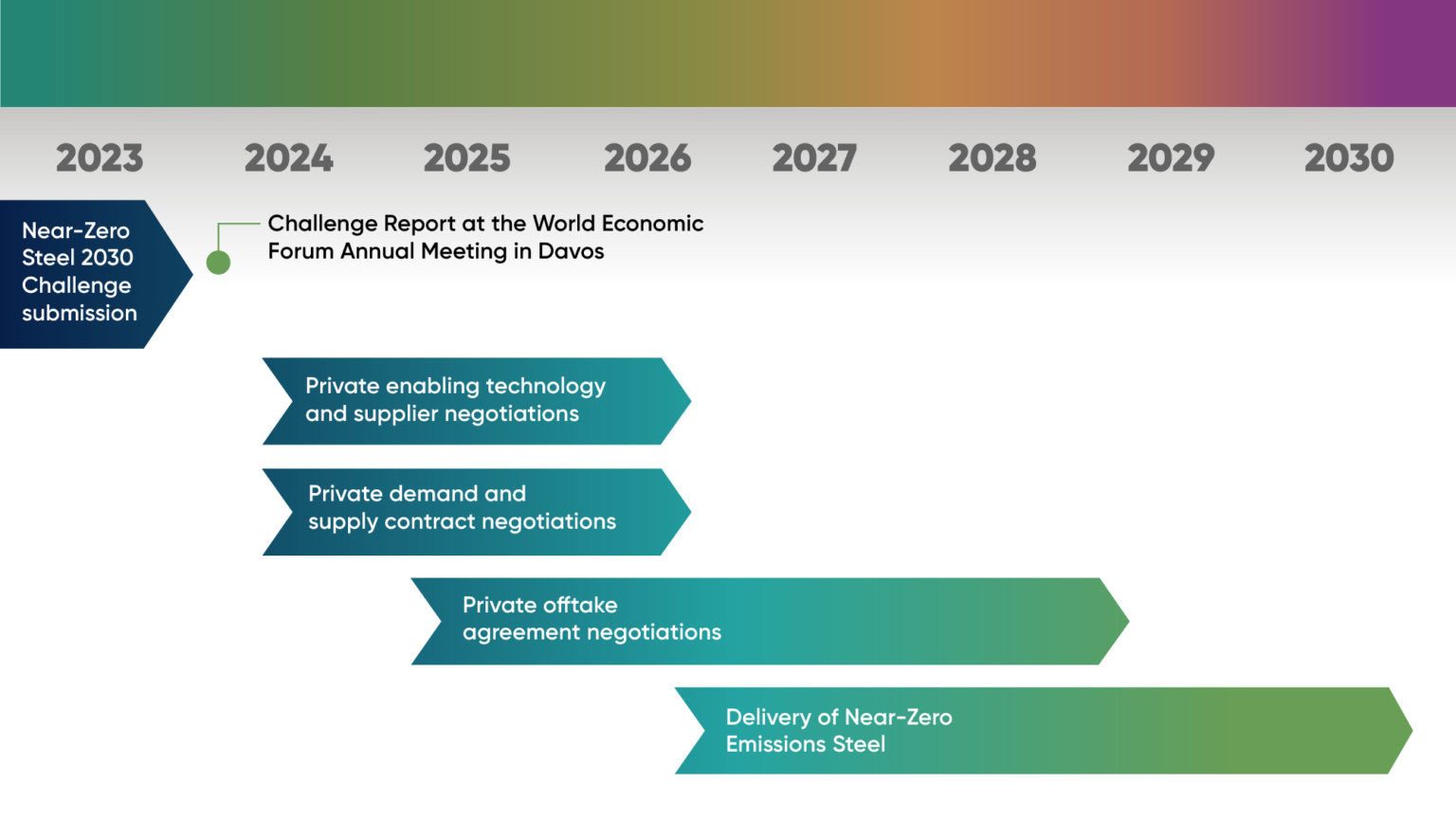
Multistakeholder collaboration is a key aspect of the Near-Zero Steel 2030 Challenge and success will require input from across the steel value chain, government, civil society, technology suppliers, and funding bodies. Companies interested in participating in the Challenge can submit Expressions of Interest this year and from 2024, the Challenge will work to connect suppliers with emerging decarbonisation technologies and buyers with future suppliers of near-zero steel.
Learn more about the Near-Zero Steel 2030 Challenge here.
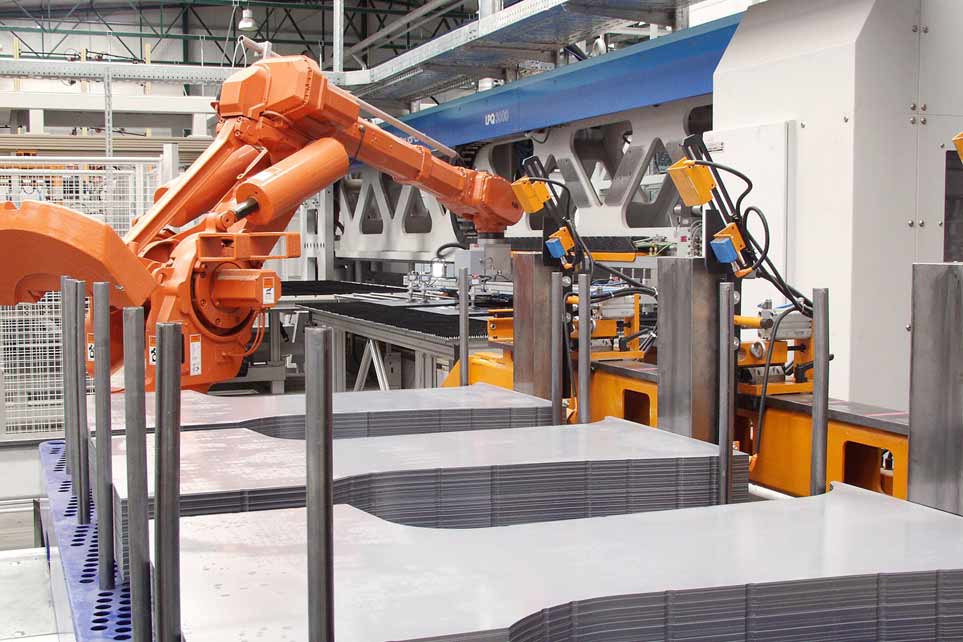

ArcelorMittal Tailored Blanks Zaragoza Earns ResponsibleSteel Certification
The site is ArcelorMittal’s fifth in Spain to become certified against the ResponsibleSteel International Standard, following the certification of sites forming the Asturias Cluster (Avilés and Gijón, Sagunto, Etxebarri and Lesaka) in 2022.
Located in the Pradillo II industrial area in Pedrola, 30 km from the capital of Aragón, ArcelorMittal Tailored Blanks Zaragoza is right in the centre of Spain’s automotive industry. The site is part of ArcelorMittal Europe’s Flat Products segment and receives galvanised steel coils from European sites which it processes to produce laser-welded blanks for the automotive industry. This technology provides a reduction in the weight of the vehicles, resulting in lower fuel consumption, while also enhancing safety for the users. In 2022, shipments amounted to a total of 5.2 million parts, with shipment volumes expected to rise to over 6 million parts this year.
ResponsibleSteel’s CEO, Annie Heaton commented, “This is an important step as we work to build a responsible steel value chain. ArcelorMittal Zaragoza’s galvanised steel coils come largely from existing ResponsibleSteel certified sites across France, Spain and Germany. So this certification is a real milestone for ResponsibleSteel, getting us one step closer to achieving certification across the value chain and giving Zaragoza’s automotive customers greater confidence that their steel has been produced in a way that respects both people and the planet every step of the way. As ArcelorMittal continues to work to certify sites globally, I look forward to seeing these links of the value chain continue to come together under the ResponsibleSteel programme to assure a full chain of custody from steel furnace to end use.”
The site underwent an independent audit conducted by DNV against Version 1.1 of the Standard. The site’s commitment to the health and safety of its employees and the preservation of local biodiversity were identified as particular strengths during the audit.
The site manager, Tomás Ramos, commented, “As a team, it has been a great satisfaction for us to achieve ResponsibleSteel certification. We were selected as the pilot plant among all the European subsidiaries in the Tailored Blanks division and, after all the efforts deployed, we have been able to deliver on this mandate. This certification would not have been possible without the engagement and professional commitment of all members of the team.”
He continued, “It has undoubtedly been a very interesting exercise and has enabled us to bring together, in a structured way, the complex and diverse range of activities that we have been implementing with our stakeholders. For us, the certification process has been an analytical journey across the Standard’s 12 principles and all its criteria and requirements. This exercise has enabled us to review all our actions and include the latest proposals to support the existing commitment to Sustainability, good Governance and the Health and Safety of all the parties involved in this project, which, ultimately, will ensure that the good results are shared by all.”
Read the public audit summary here.
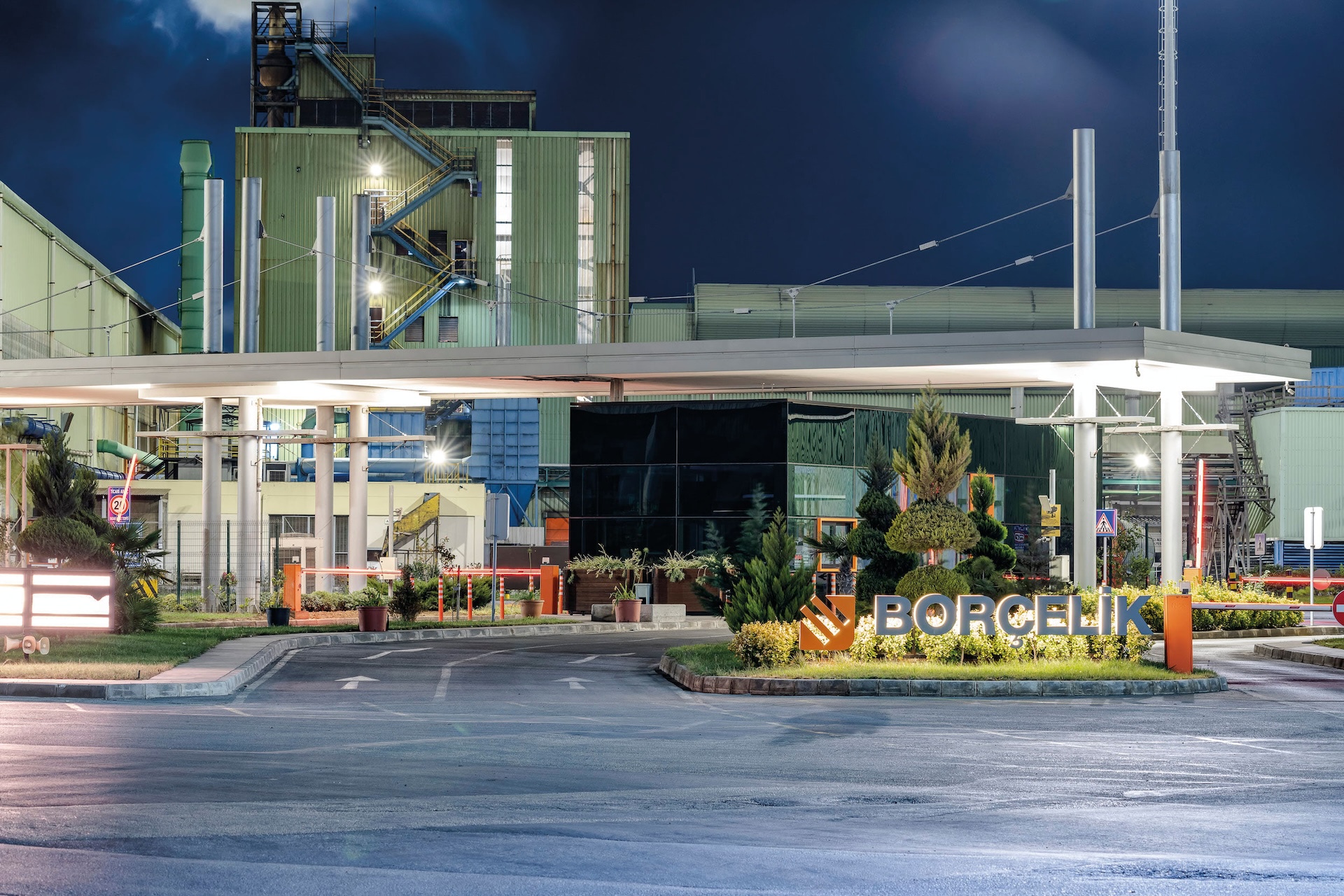

Borçelik Gemlik Becomes First ResponsibleSteel Certified Site In Turkey
Borçelik’s Gemlik site has become the first in Turkey to become certified against the ResponsibleSteel International Standard. Borçelik, a joint venture of Borusan Holding and ArcelorMittal, is Turkey’s biggest galvanized flat steel producer.
Borçelik became a ResponsibleSteel member in 2020, joining ArcelorMittal and many other of the world’s leading steel producers. ResponsibleSteel currently has around 15% of global steelmaking capacity in membership. The Gemlik site has a production capacity of 1.5 million tonnes and employs over 1000 workers and contractors.
ResponsibleSteel’s CEO, Annie Heaton, commented, “This first ResponsibleSteel certification of a site in Turkey demonstrates Borcelik’s drive to be a leader in the Turkish steel industry, and more importantly, the company’s commitment to implementing the most rigorous criteria for sustainability. On an environmental level, the company has committed to achieving net zero by 2050 and the site already has several energy efficiency projects as well as wind and solar plants in the works to support this journey. The site has gone above and beyond to minimise environmental impacts including setting up its own water stewardship project to monitor water efficiency and prevent future scarcity while on a human level, the site has demonstrated a deep commitment to ensuring workers’ rights and safety and equality in the workplace.”
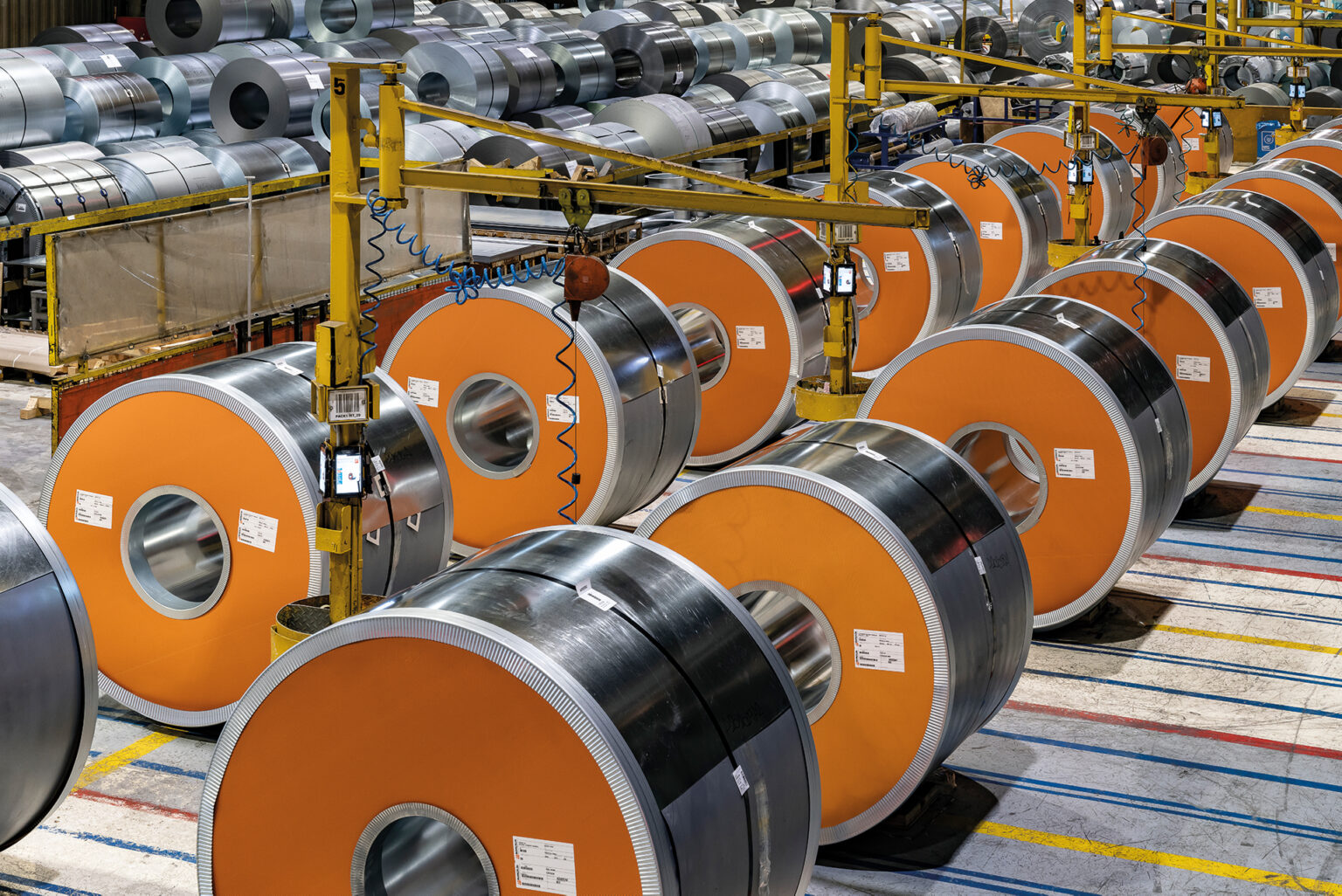
The site achieved certification following an independent audit conducted by CARES against Version 1.1. of the Standard. In addition to the site’s efforts to reduce its environmental impact, the site’s social governance was identified as a particular strength. Throughout the audit, the site repeatedly demonstrated its commitment to worker safety, growth and development.
Kerem Çakır, General Manager of Borçelik, stated that Borçelik has achieved significant progress towards the company’s sustainability goals. Çakır commented, “As one of the leading and pioneering institutions of our industry, we have been committed to sustainability and responsible business practices. We are very proud that the presence of this approach in all our business applications is confirmed with the ResponsibleSteel certification and we have achieved another first in our country with the certificate that we were awarded. As a responsible industry leader, we aim to inspire change in the steel industry and contribute to a more sustainable world in all areas.”
Serkan Ürkmez, Borçelik Sustainability Leader, added, “As Borçelik, we had undergone a very intense preparation period to comply with ResponsibleSteel standards. We worked together with our Sustainability Committee. The standard’s environmental and social expectations are really challenging. After this preliminary stage, we successfully completed a detailed and challenging 14-day audit process conducted by the leading independent audit firm UK CARES. At the end of this process, we are happy to be the first ResponsibleSteel site-certified institution in our country. We will continue to be an exemplary institution in our industry with our activities.”
Take a look at the audit summary here or read the press release here.
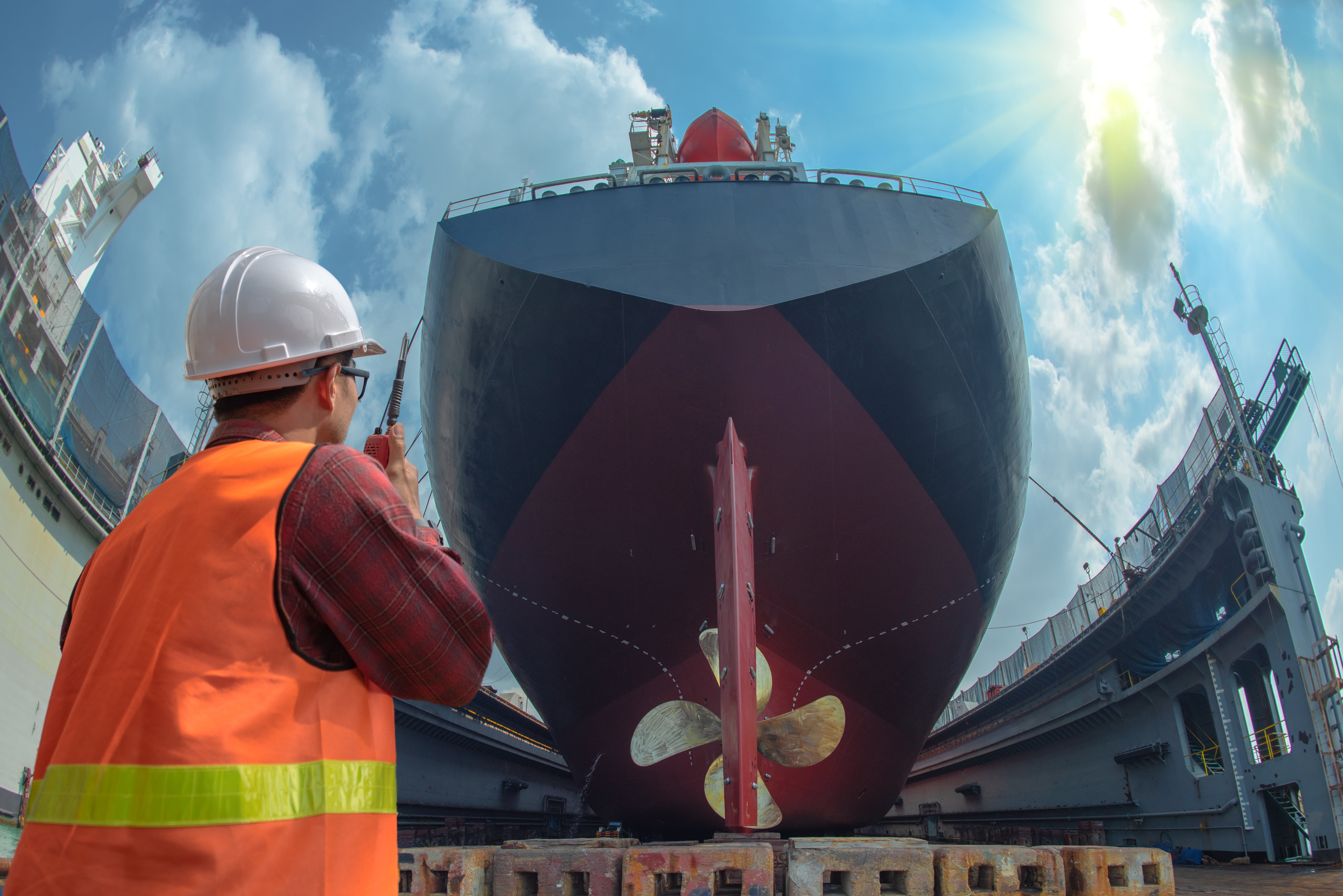

Member webinar: The near-zero steel 2030 challenge
We would like to invite ResponsibleSteel members to join a special webinar we will be hosting on Monday, September 11th at 12:30 pm (BST) with the First Mover’s Coalition (FMC) to give a first look at the upcoming Near-Zero Steel 2030 Challenge.
The Challenge, led by the FMC in collaboration with Greenhouse and with the support of RMI, ResponsibleSteel, Deloitte and BCG, will officially launch at Climate Week in New York next month.
In this webinar members will have the opportunity to hear about the objectives of the Challenge, the three parts that it is composed of, and how it relates to the ResponsibleSteel International Standard.
Representatives from the FMC, Greenhouse, RMI, and ResponsibleSteel will join to give an overview of the Challenge’s process, submission opportunities, and end goals.
This webinar will be a great opportunity for ResponsibleSteel members to have a sneak peek at this exciting project and understand how they can get involved ahead of its public launch.
There will also be a Q&A session following the speaker presentations and ample opportunity for a broad and dynamic discussion with members.
This webinar is open to all members and will be hosted by ResponsibleSteel via Microsoft Teams.
Please contact us if you are interest in joining.
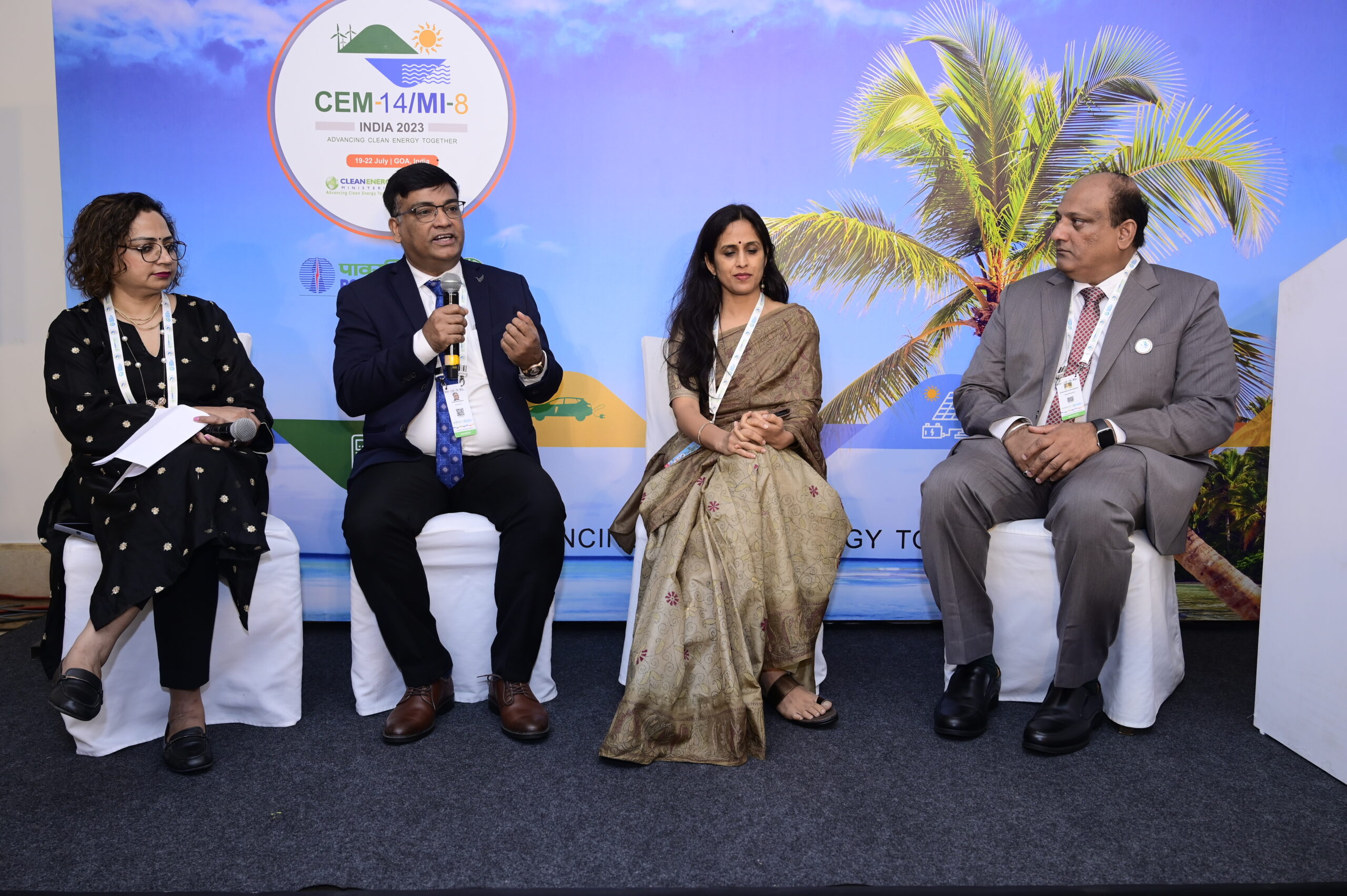

August 2023 Newsletter
Please view the August 2023 newsletter by clicking the link below:

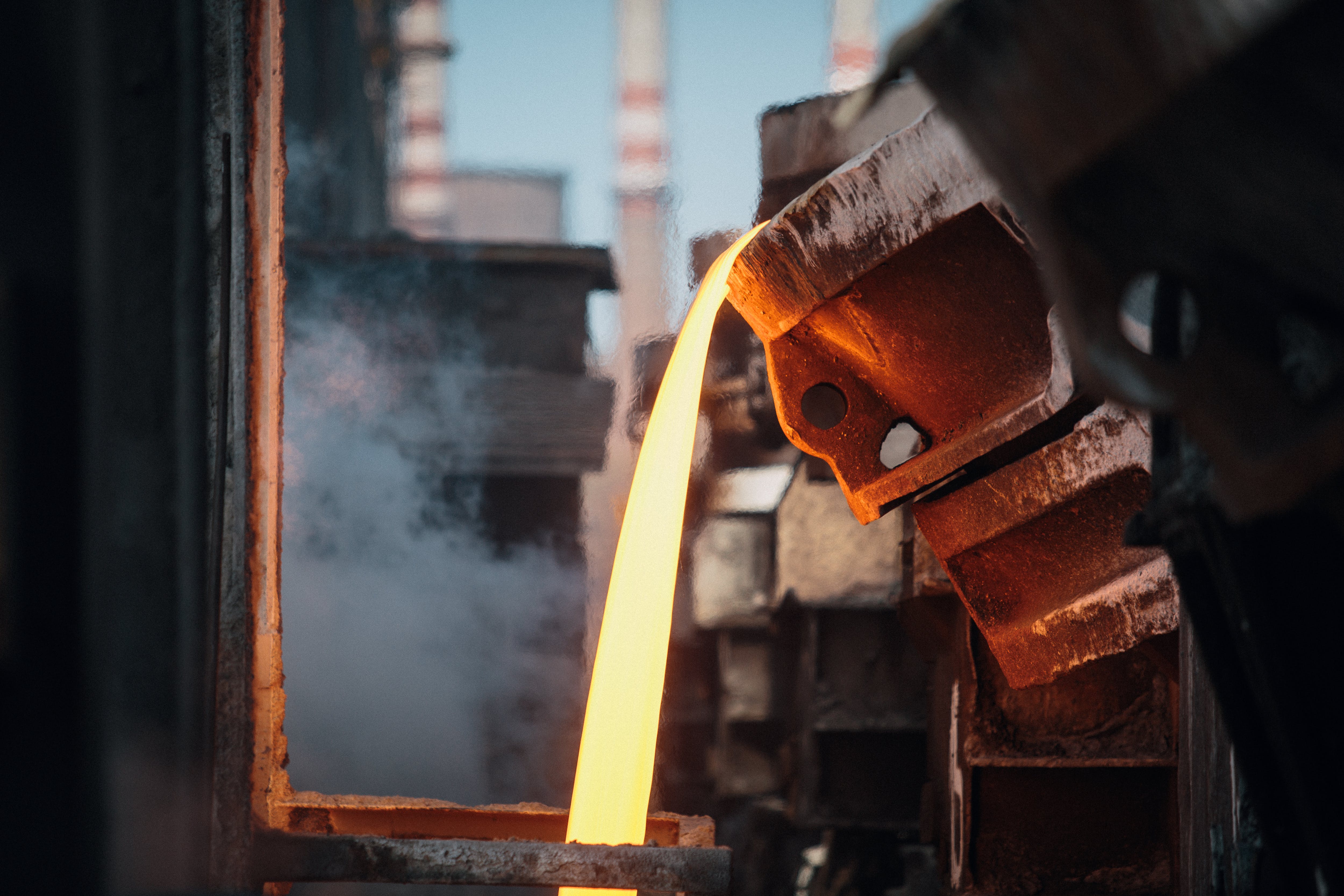

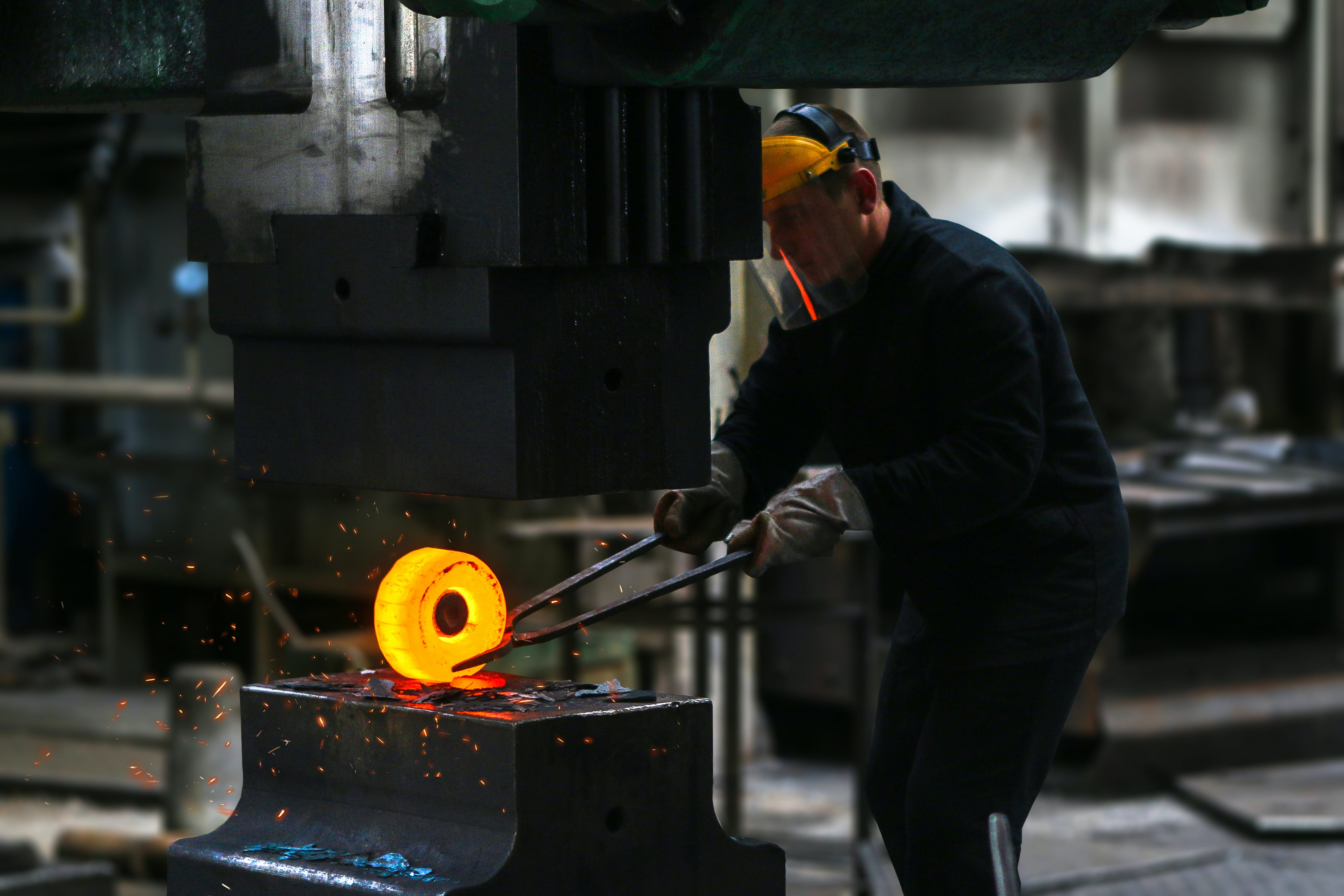
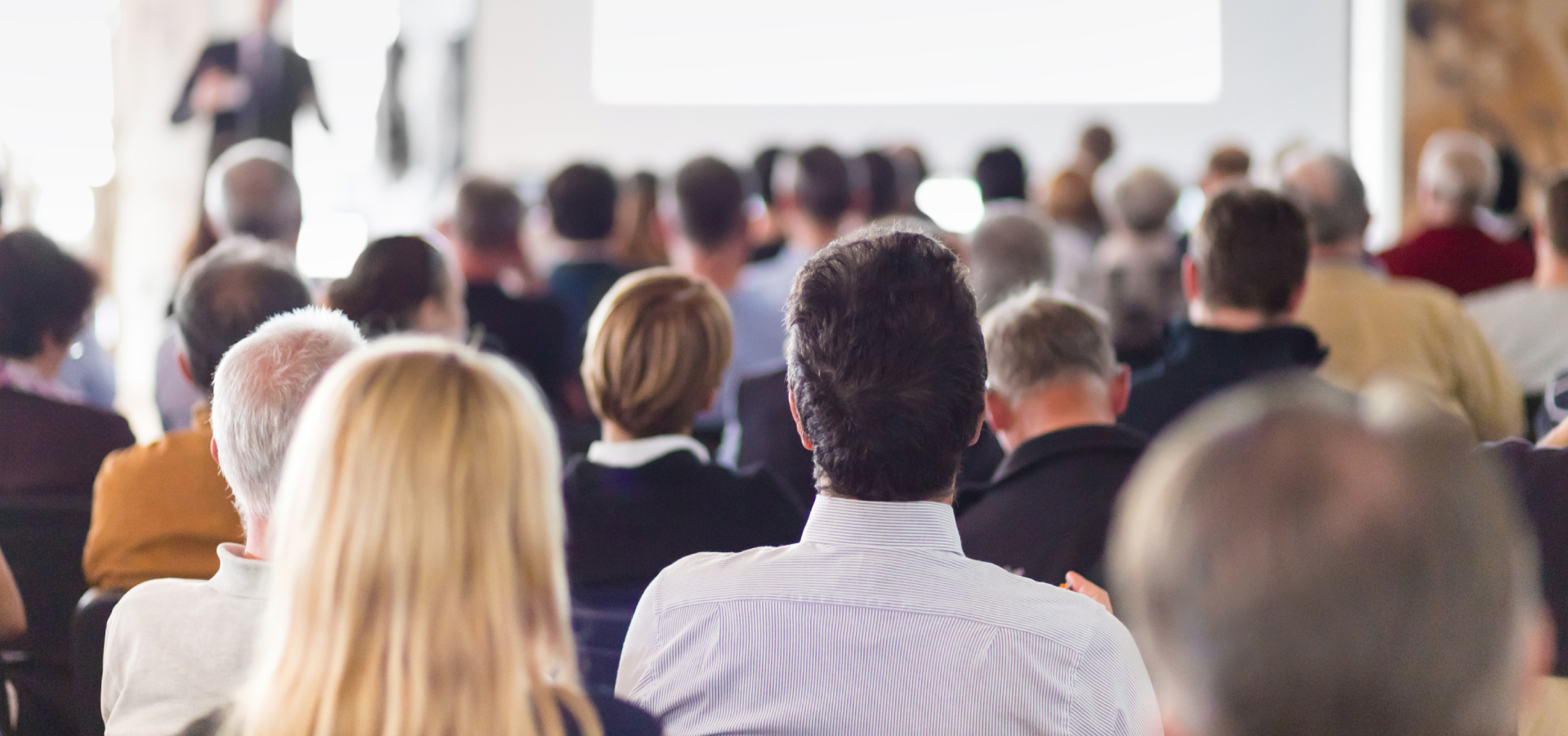
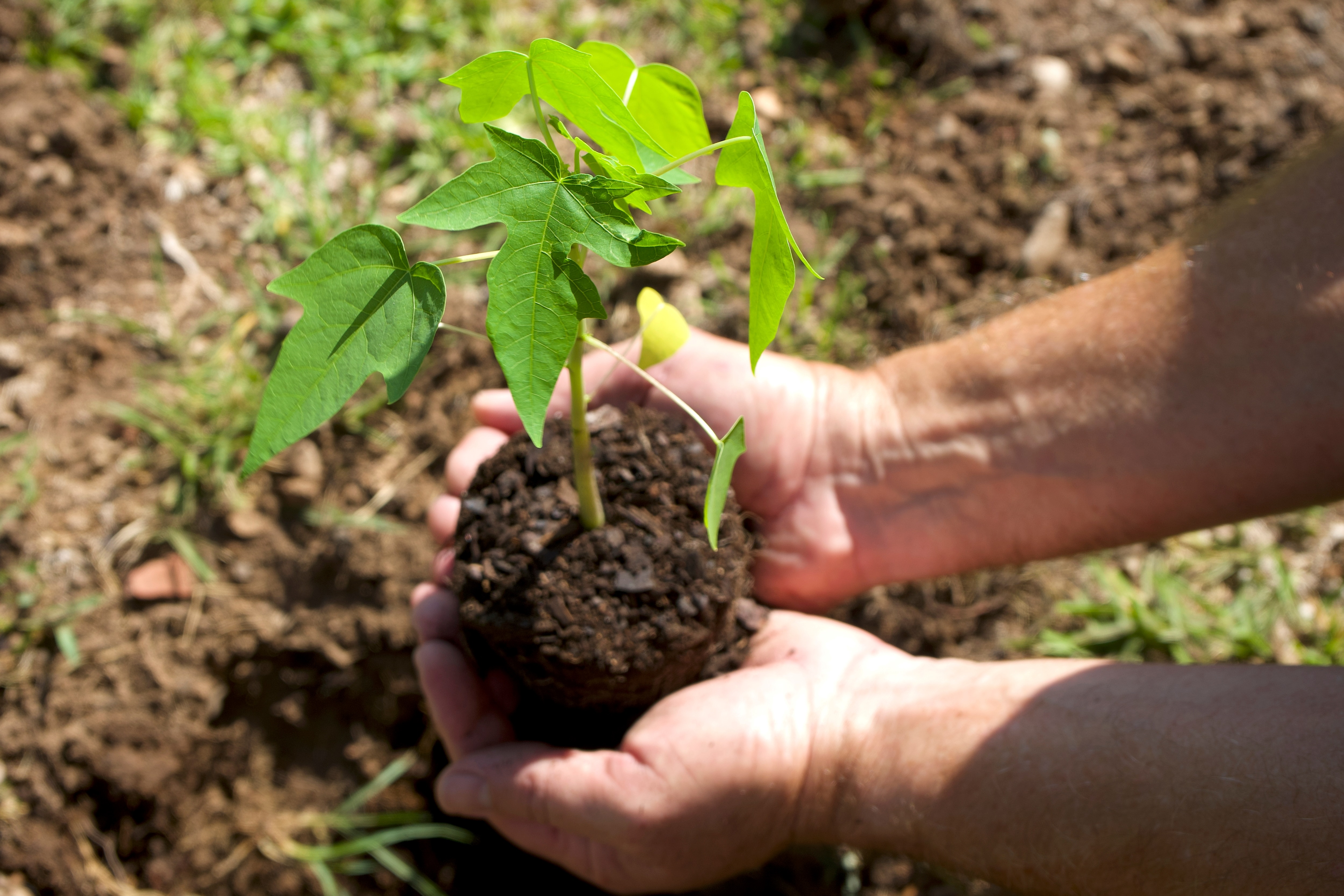
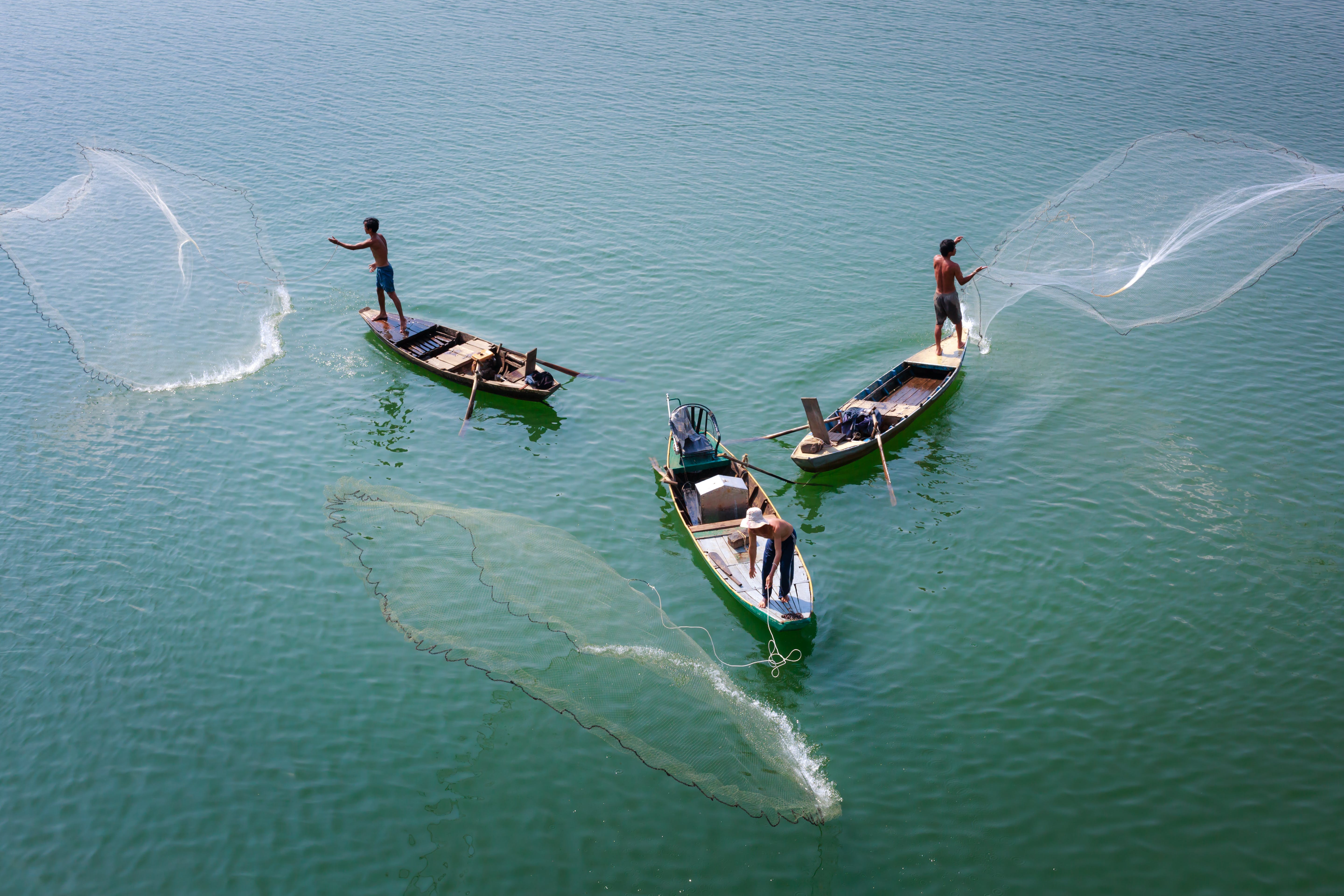
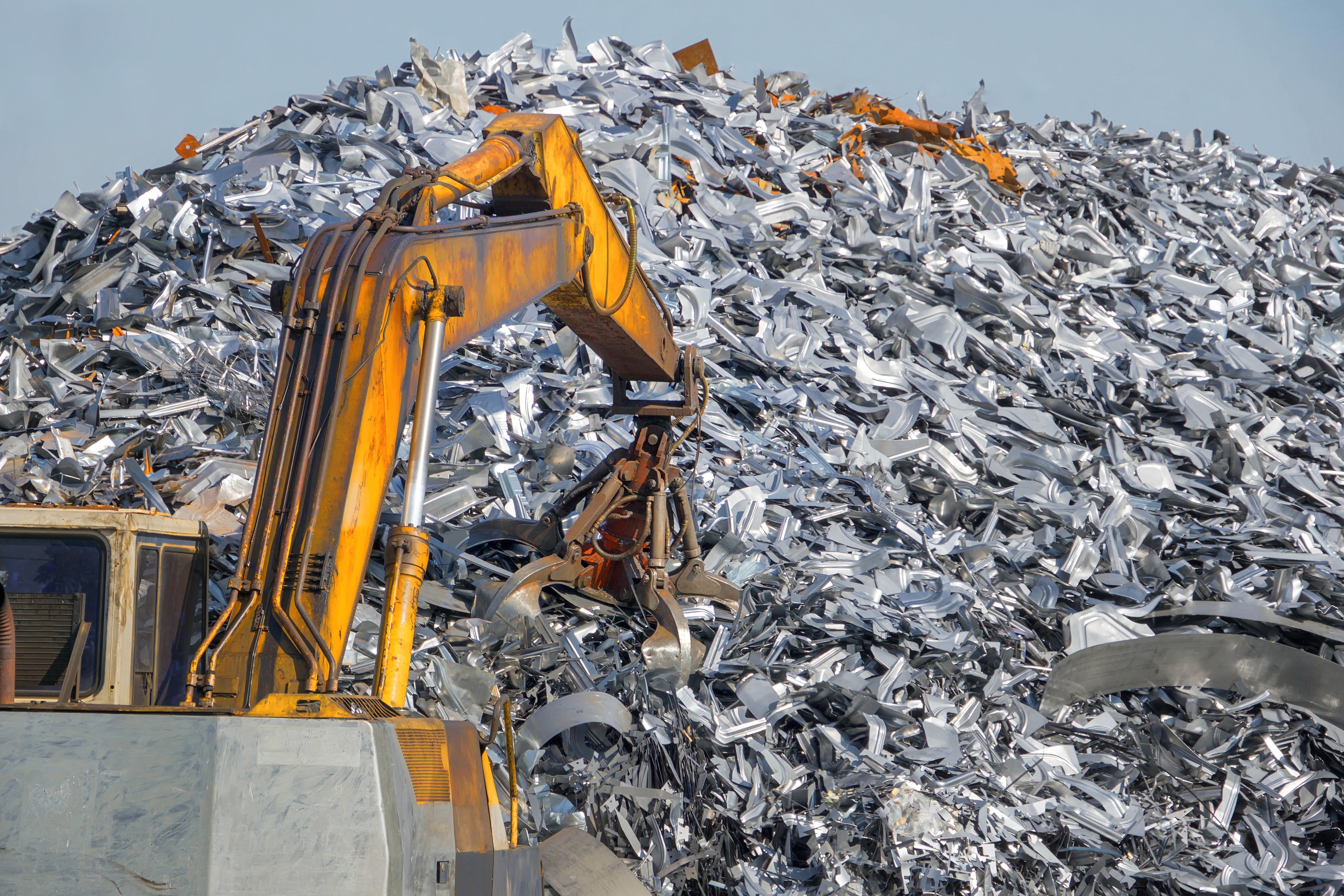
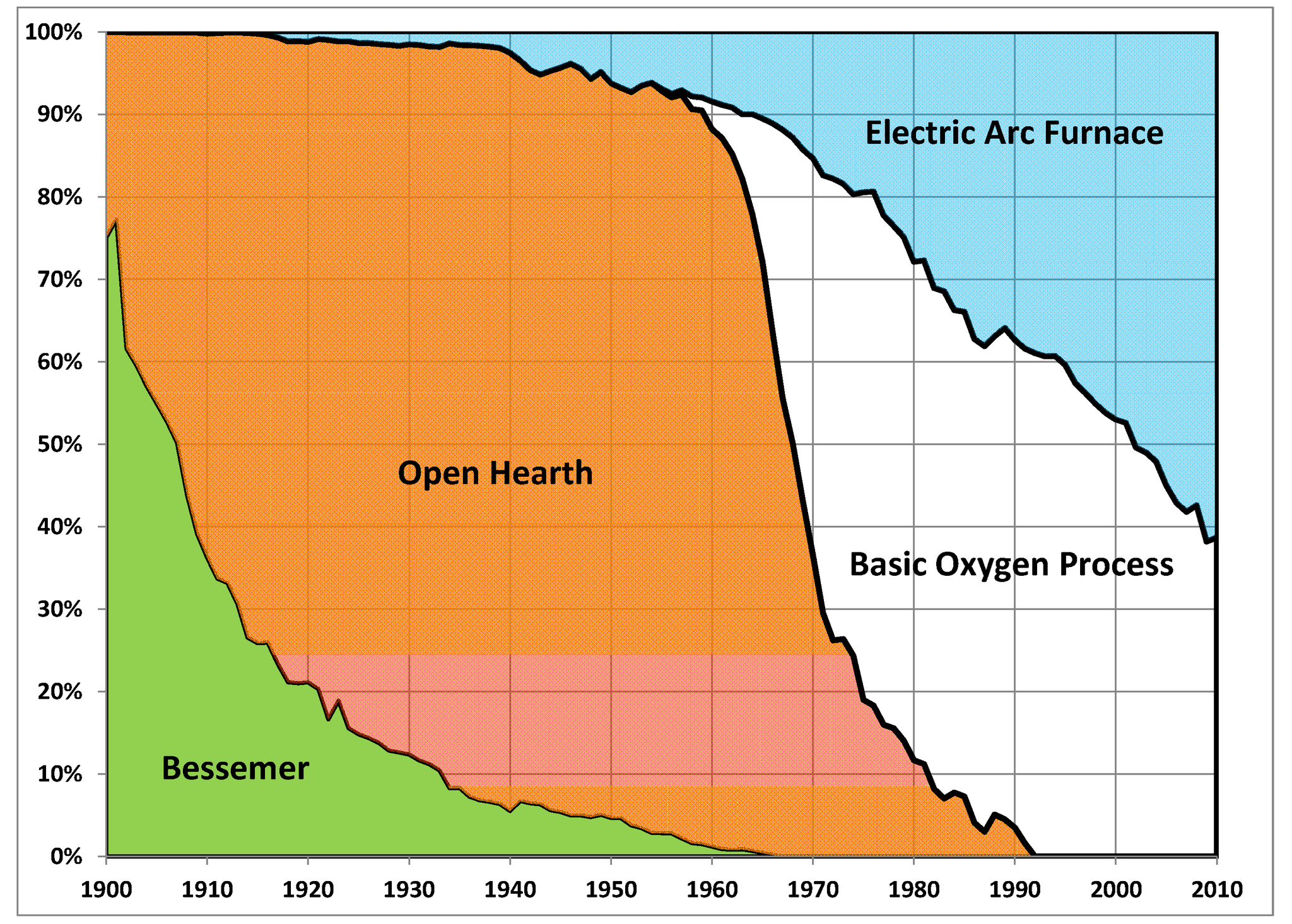
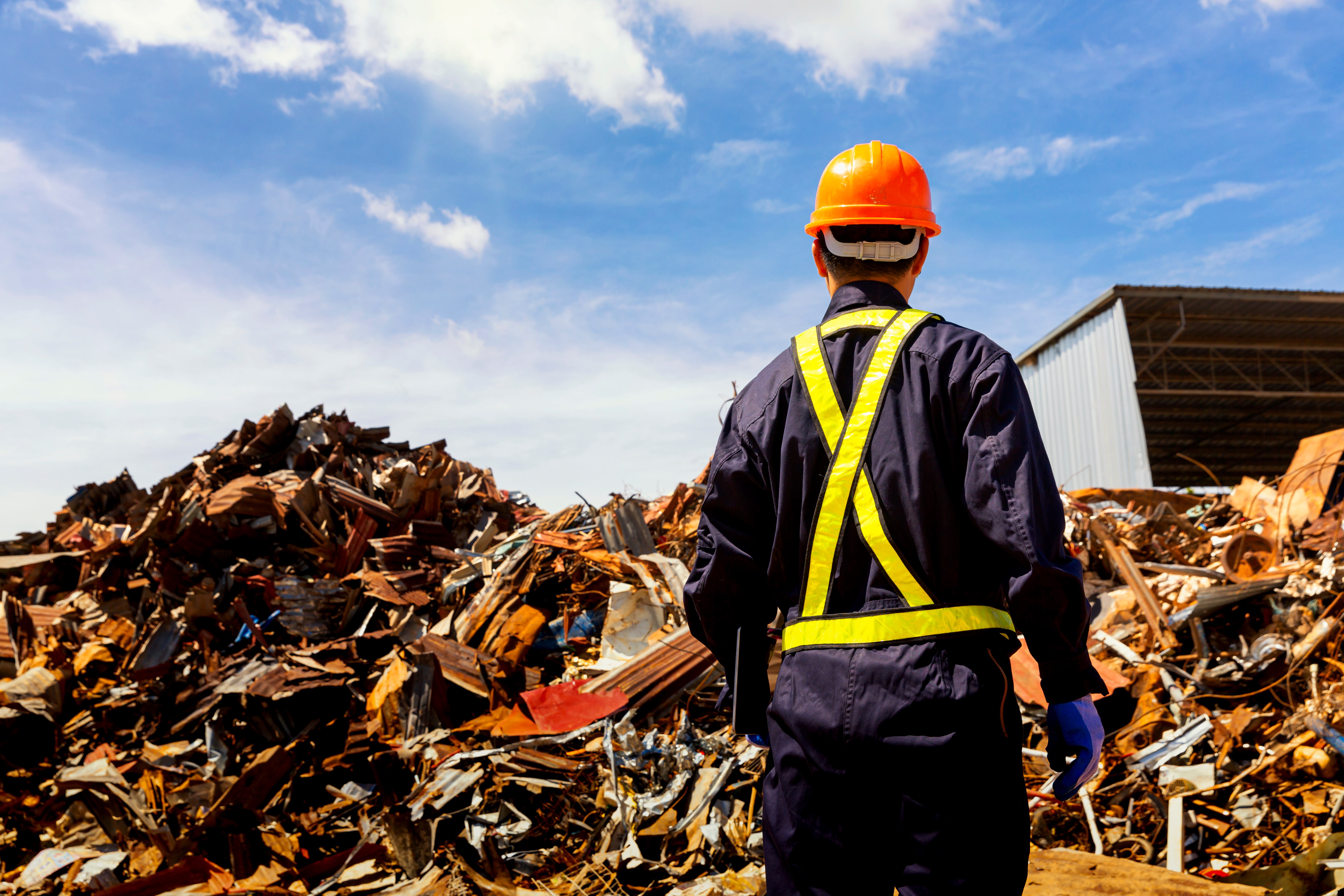
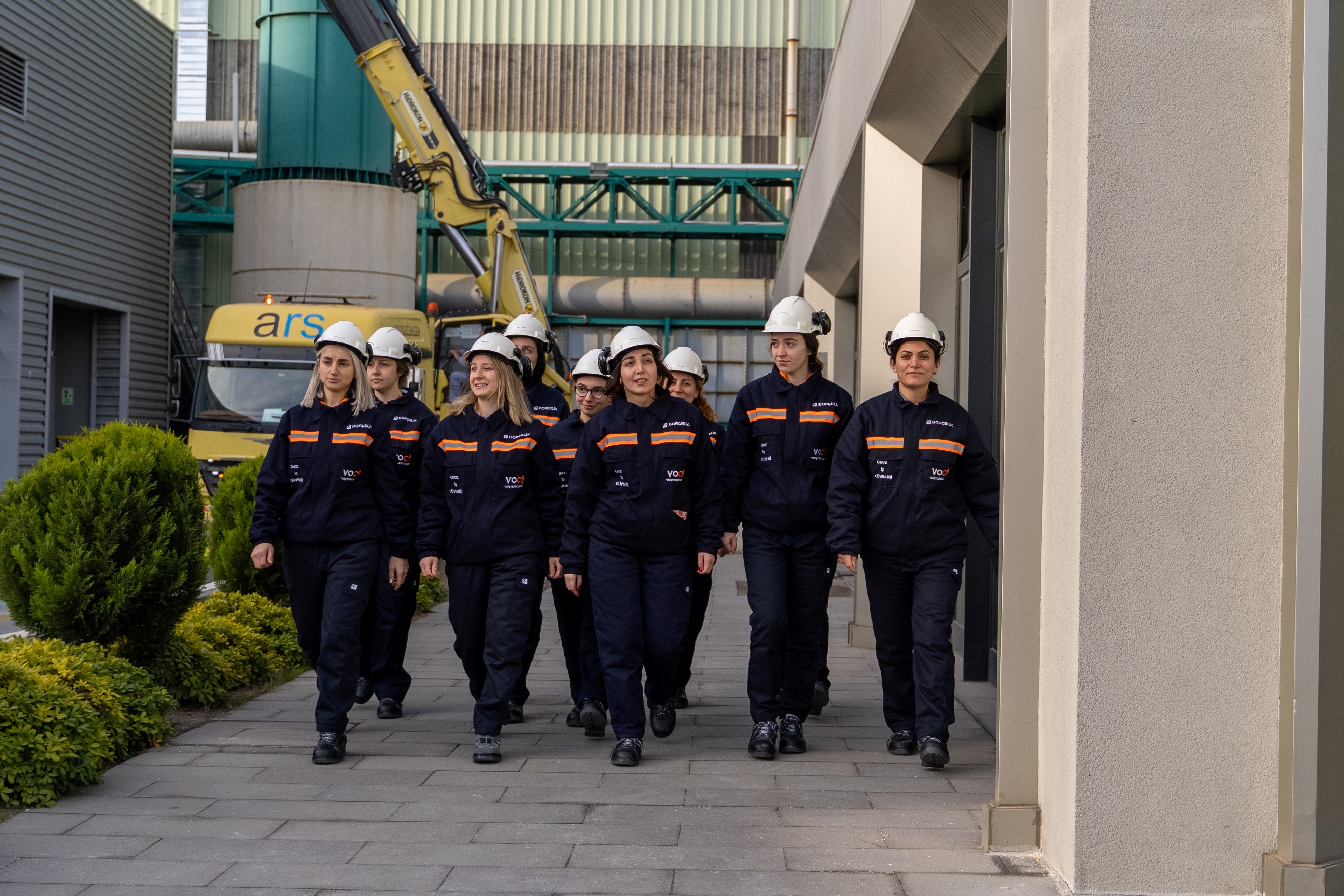
.png)
